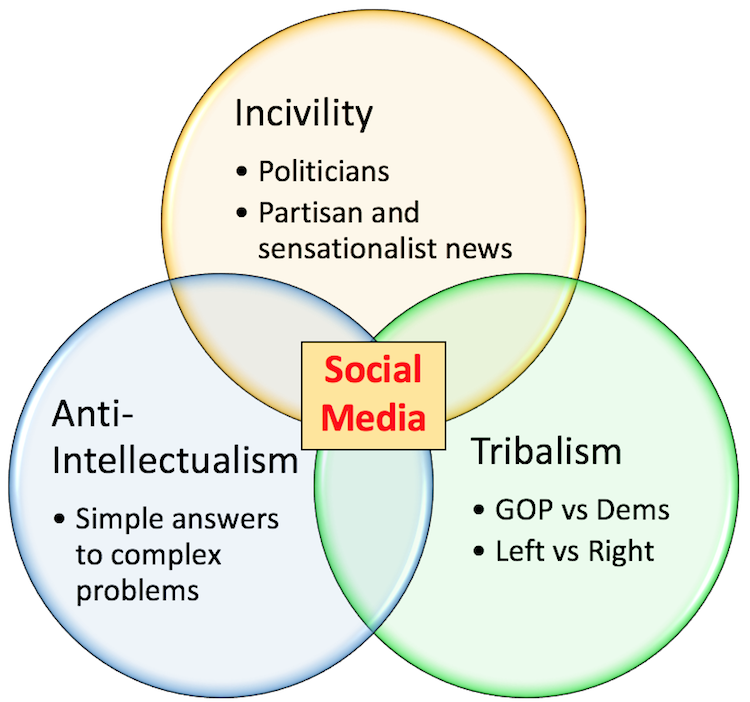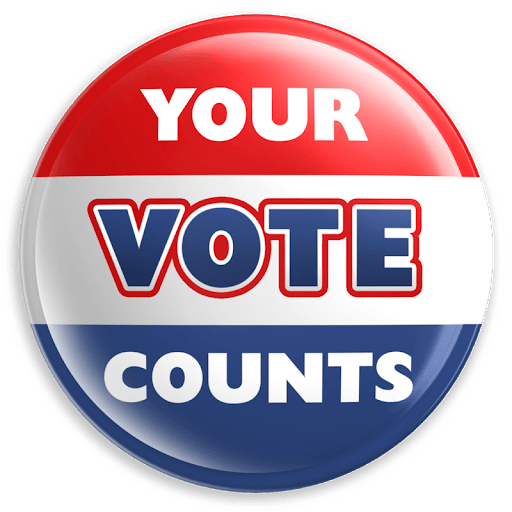The Democracy Nightmare
- TLALOCO
- Dec 8, 2018
- 3 min read
Updated: Mar 1, 2020
How do citizens begin to understand the dream that our experiment in democracy was meant to be, the nightmare it has become and what it will take to make our democracy healthy again?

Much has been written about the Trump administration that needs no echo chamber from PuroChisme. But given that we are just turning the 2020 Presidential election campaign corner, it may be useful to re-review our basic democratic principles.
You know the ones: the three branches of government (Executive, Legislative and Judicial), the 4th branch (media) and of course, the roots of our democracy, civic responsibility (You and I - the voters). Refreshing our views on the meaning of democratic values could help discern which candidate may best meet our personal and collective desires and why we need to vote.
Why is it important to delve into a civic history lesson? First, politics matters more today than ever before. We are witnessing the impact global warming has on the planet. Extreme flooding, drought, hurricanes, fires, smog - the likes of which we have never seen before. We need to act NOW! But any meaningful action taken to reduce carbon emissions, ensure clean water, and expand alternative power sources will be policy driven from Washington, DC. That's why voting is so important.
Likewise, we are suffering from Tribalism in society - where the viewpoints of the many are polarized - fomenting racial, religious and political fractures among groups with little room for critical debate. Instead, many have devolved into unconscious "tribes" of blind loyalty to ideas and beliefs grounded in simplistic notions of what is right and what is wrong. Any other viewpoint is met with distrust or worse, disdain.
Lastly, a growing and unprecedented rise in income inequality. The middle class now makes up just over 50 percent of the total U.S. population, according to a recent report from Pew Research Center, which used 2016 data. That’s compared to 61 percent in 1971. The level of income among lower and middle class earners has remained relatively stable but the wealth of higher income earners continues to grow.
That sizable income gap between the super rich and poor results in unfettered influence in government, representation, legislative policies and social program availability. Why is that? Because wealth (discretionary funds) allows for greater monetary support for politicians. Who really has the power to leverage our votes as citizens? Who really influences Washington? Is it you and I or are there larger more influential forces at work in the political arena?
It is no simple task for voters to seek honest representation, when elected officials are immediately beholden to the power brokers that provided $$ to campaigns AND the multitude of lobbyists, interest groups and influential constituents. See for yourself who provides the big bucks to campaigns (See the 2019 list of our Influencers of democracy: https://www.opensecrets.org/industries/) and decide for yourself who really has influence in the halls of state legislatures and congress. Look at the pie Ese...yeah that's your thin wallet represented in green!
What is Representation?
The Encyclopedia Britannica defines representation in government as "the method or process of enabling the citizenry to participate in the shaping of legislation and governmental policy through "deputies" chosen by them. In modern organized societies with large populations, representation in some form is necessary if government is to be based on voters relinquishing some authority and political legitimacy (consent) of the governed.
If it is true that power and influence no longer is the bastion of the voting public but instead, belongs to the rich and powerful, then how can we get our votes to really count? If we chose not to participate (vote) in the great experiment we call democracy, then what does that say about us as citizens?
Do you know what percentage of people vote? In 2018, among those age 65 and older, voter turnout was 65 percent for women and 68 percent for men. In contrast, 38 percent of women 18-29 years old voted and 33 percent of men of the same age group voted. (U.S. Census, April 2019). Thus, almost sixty percent of the younger generation are not participating in the great American experiment we call democracy. Is this the challenge - increasing voter participation - we face today or is it PuroChisme?
Why don’t we have elections on a weekend? Should it be mandatory, for all citizen’s (like we mandate driver’s license’s, social security cards or fishing license’s)? If you turn 18 years of age, shouldn't registration to vote be automatic, like registering for the draft? You need to drive or want to fish – then you need to vote to be eligible to get a license! You want to be a citizen, then you must vote! What would our political landscape look like if the sixty percent of people not participating in elections today, suddenly decided to make their vote count!






Comments